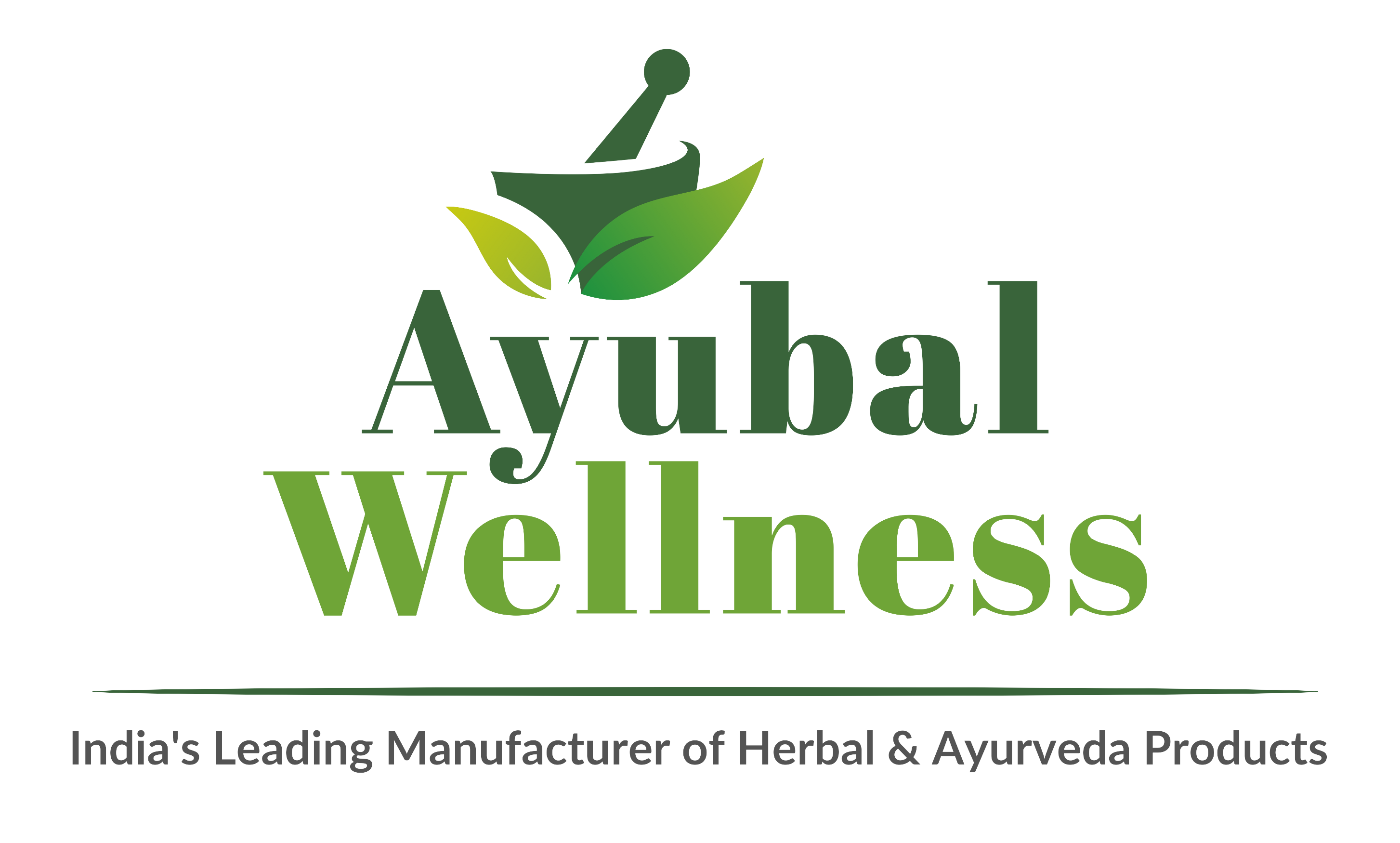It’s not simply a matter of health-choosing to buy organic Ayurveda is choosing sustainability, ethical sourcing, and fairness in every aspect of the supply chain. It also means that organic herbs are richer in compounds enabling enhanced bioactivity in a formulation. This, along with supporting biodiversity-enriching practices necessary for sustainable farming, is good for both business and environment. It builds trust with organic compliance, additions that enhance brand value, and ethical sourcing-were aware consumers often demand from brands. In a marketplace flooded with choice, prioritizing purity ensures long-term gains for the user and the industry.
Understanding Organic vs Conventional Ayurveda
|
Aspect |
Organic Ayurveda |
Conventional Ayurveda |
| Definition |
|
|
| Cultivation Method |
|
|
| Use of Chemicals |
|
|
| Purity & Safety |
|
|
| Environmental Impact |
|
|
| Certification |
|
|
| Healing Properties |
|
|
| Sustainability |
|
|
| Cost |
|
|
| Consumer Preference |
|
|
| Regulatory Standards |
|
|
The Importance of Purity in Herbal Products
Purity is a key parameter among the most fundamental criteria determining efficacy, safety, and quality in many Ayurvedic products. As this age-old science of natural healing depends on the power of herbs, minerals, and natural substances to promote health and well-being, it rings true that the effective results yielded will considerably depend on the purity and quality of their ingredients. For example, impurities like pesticides, heavy metals, or synthetic chemicals can minimize their potential to heal and threaten life.
For any health benefits, you should choose herbal products that are pure, organic, and unadulterated. Here are five main reasons why purity matters in Ayurvedic products.
1. Higher Potency and Effectiveness
Medicinal properties arise from active phytochemical compounds found in Ayurvedic herbs that interact with the body to effect healing. When grown in natural habitats where no synthetic pesticides or fertilizers intervene, herbs maintain their full potency and effectiveness.
Advantages of Natural Purity on Potency:
- Chemical-free cultivation: Herbs cultivated without synthetic chemicals have greater accumulation of their bioactive compounds.
- Absence of artificial preservatives: Preservatives and chemical stabilizers may damage the natural enzymes or nutrients and hence affect the healing properties of the herb.
- Wild-crafted and organic: Many such organic Ayurvedic herbs are collected in their natural habitat, allowing them to fully develop their medicinal properties.
In contrast, conventionally grown herbs absorbing pesticides and artificial fertilizers may ensure lesser bioactivity, thus leading to lesser efficacy and weaker therapeutic effects.
2. Free from Harmful Chemicals and Contaminants
The contamination of herbal formulations is one of the topmost Ayurvedic challenges before society. Accordingly, the herbs cultivated with chemical methods might carry pesticide residues, heavy metals, and artificial additives.
The Importance of Chemicals-Free Ayurveda:
- Free from pesticides: Cumulative exposure to pesticides is thought to cause hormonal imbalance, neurological disorders, and lowered immunity.
- Untainted with heavy metals: Heavy metals may ingrain into some herbs grown in contaminated land; substances include lead, mercury, and arsenic, which enter the accused stream leading poor chronic health status.
- Avoid synthetic additives: Some commercial Ayurvedic products are dyed with artificial colors and infused with preservatives or flavor enhancers; this invariably reduces the purity and safety of the product.
Purchasing certified organic herbal products assures customers that they are availing themselves of only natural, pure, and chemicals-free remedies.
3. Sustainability and Environmental Protection
Purity is not just about human health; it impacts ecosystems of living beings in their respective environments. Organic Ayurveda farming observes environmental-friendly and sustainable practices that conserve nature.
The Environmental Benefits of Organic Ayurveda:
- Soil conservation: Conventional agriculture uses chemical fertilizers that erode soil fertility. This is avoided by organic farming by means of using natural compost and crop rotation.
- Prevention of groundwater contamination: Pesticides and fertilizers leak into groundwater, contaminating drinking supplies and aquatic ecosystems. Organic farming thus stops this contamination.
- Protection of biodiversity: Chemical-free farming techniques expend a similar force to the preservation of insect, plant, and wildlife diversity.
An active way to support a healthier planet and the world around is to consciously make a choice to buy organic herbal products.
4. Enhanced Bioavailability and Absorption
Bioavailability is defined as the ability of the body to absorb and utilize effective nutrients. A plant-based treatment may contain potent herbal ingredients, but its effectiveness depends on the extent to which the body can absorb the substance.
Pure Herbs and Enhanced Bioavailability:
- No synthesized binders or fillers: Several commercially available herbal products incorporate fillers, which reduce absorption of nutrients into the body.
- Maintaining the properties of natural enzymes: Chemical extraction- or heat-related processing procedures are likely to destroy the natural enzymes contained in the herb and greatly reduce absorption.
- Higher concentrated active ingredients: Pure, organic herbs have the least disturbance in the bioactive compounds, thus needing lower doses to be effective.
Indeed, but with synthetic enhancers, toxic ingredients, conventional Ayurveda does not share this level of bioavailability and subsequent efficaciousness of absorption.
5. Supports Ethical and Responsible Farming
Pure herbal products are often interwoven with good ethical and trade practices. Farmers and workers on most organic farms work in good conditions and earn adequate wages according to sustainable and ethical farming principles.
Ethical reasons to choose pure, organic herbs:
- Equitable remuneration for farmers: Ethical Ayurvedic farms assure small farmers of a fair wage, improving their quality of life.
- Prevention of exploitation: Some large-scale conventional farms employ exploitive labor practices and deplete resource use.
- Respects indigenous knowledge: Many traditional Ayurvedic herbs are harvested via age-old sustainable techniques that pay respect to nature and biodiversity.
Consumers who buy organic and ethically sourced Ayurvedic products help build a more equitable and sustainable global herbal industry.
Organic Certification in Ayurveda
To ensure authenticity and an acceptable degree of credibility, organic Ayurvedic products need certification from recognized regulatory bodies. The following are some societies that support certification:
- USDA Organic (United States Department of Agriculture)
- India Organic (APEDA, Government of India)
- EU Organic Certification (European Union standards)
- NOP (National Organic Program)
- Jaivik Bharat (FSSAI, India)
These certifications guarantee that the products meet strict organic farming and processing standards, ensuring safety and efficacy for consumers.
Why Businesses Should Choose Organic Ayurveda
Make the switch to organic Ayurvedic products that deliver multiple benefits to firms within the herbal wellness industry:
- Competitive Market Edge: Nature has made consumers aware these days. They love organic products as they’re free from chemicals. Therefore, if a firm sells certified organic Ayurvedic products, it will be rewarded with customers who will be loyal to the brand.
- Compliance with Global Standards: Organic certification guarantees compliance with international quality standards and also gives other companies an easier market entry into the global market. These two aspects are especially significant for exports, since strict laws govern the quality of herbal products.
- Better Consumer Trust and Loyalty: Consumers do not mind spending a higher price for quality, pure, and ethical products, Organic Ayurveda creates trust and longevity in the customer relationship, which leads to repeat purchases and positive recognition for the brand.
- Higher Profit Margins: Because of the high cost that gets incurred in organic farming and certification, companies get to price their products very high in cases of demand, which can fetch better profit margins for them. The growing demand for organic wellness products makes this sector an inviting avenue to invest in.
- Why Consumers Should Choose Organic Ayurveda
Consumers who prioritize their health and well-being should opt for organic Ayurveda for the following reasons:
- Safe and Chemical-Free Healing: Organic Ayurvedic products provide a natural healing experience without the risk of toxic chemical exposure, ensuring holistic wellness.
- Improved Long-Term Health Benefits: The purity of organic Ayurvedic herbs enhances their effectiveness, leading to better long-term health outcomes, including improved immunity, digestion, and mental well-being.
- Contribution to Environmental Sustainability: By choosing organic Ayurveda, consumers support eco-friendly practices that reduce environmental impact, promote biodiversity, and ensure the conservation of natural resources.
- Ethical and Conscious Consumerism: Supporting organic Ayurveda means endorsing ethical farming practices, fair trade, and the well-being of farmers and communities involved in herbal cultivation.
Ayubal Wellness: A Trusted Name in Organic Ayurveda
Ayubal Wellness offers high-quality Ayurvedic products manufactured with organic and sustainably harvested herbs. Ayubal Wellness ensures that each product meets the highest standards of quality and efficacy, ensuring that purity, innovation, and research-based formulation processes remain intact. Our herbal formulations are devoid of synthetic chemicals, artificial preservatives, and contaminants; hence, we are a preferred choice for consumers and business owners alike.
The basic arguments of typical versus conventional Ayurveda amount to purity, sustainability, and well-being for consumers. Although traditional Ayurvedic products may still provide some kind of effectiveness, the potential effects of chemical exposure and degradation of our environment make organic Ayurveda the clear better choice. Organic herbal products will help create an even healthier sustainable world through businesses and conscious consumers.
Ayurveda advocates choosing purity not merely as an option but as an essential choice. Switch today to organic Ayurveda and live the essence of true herbal wellness with Ayubal Wellness.


